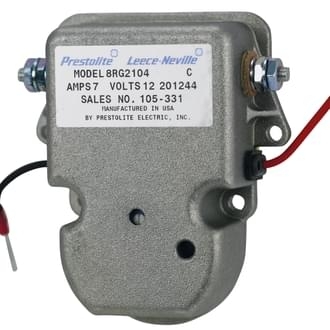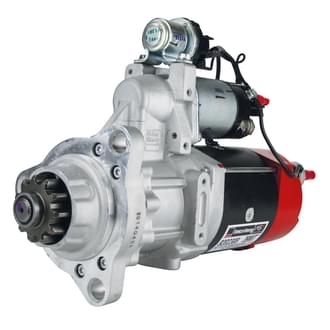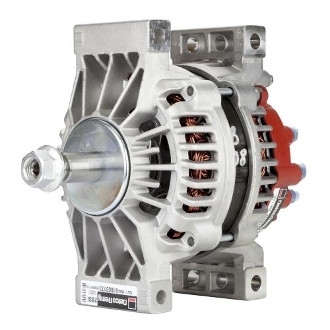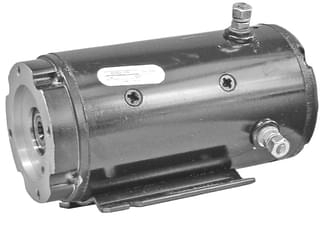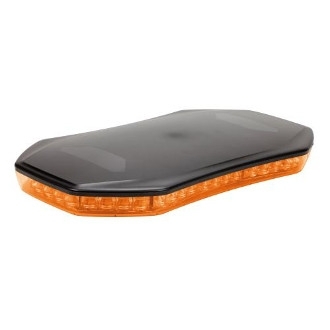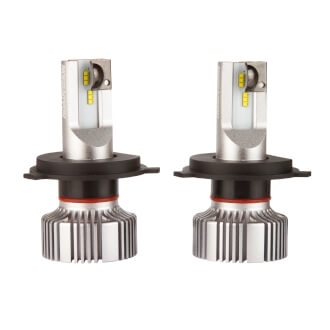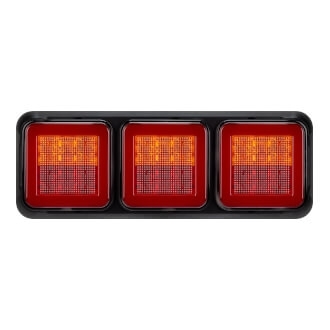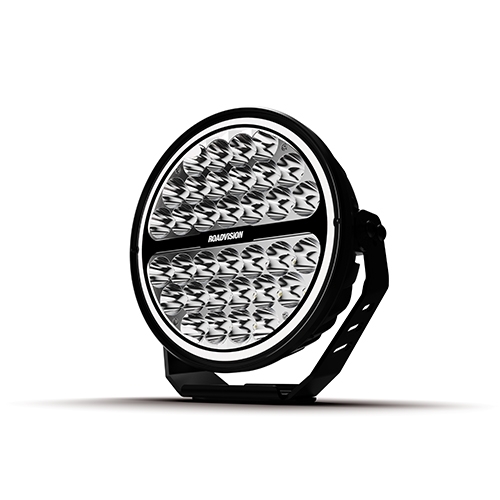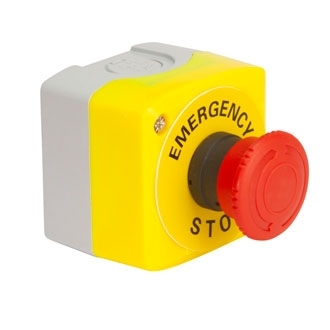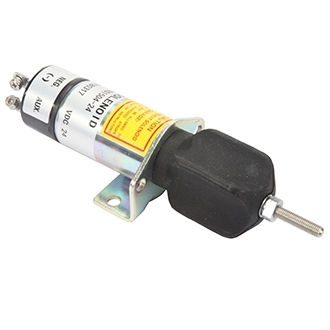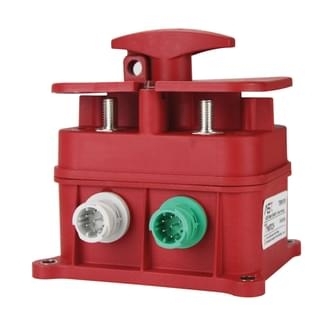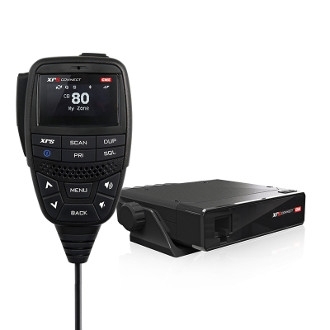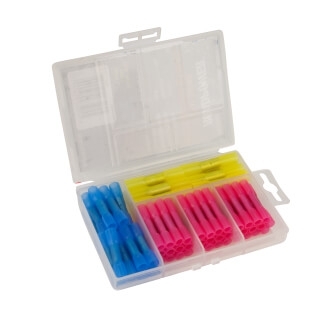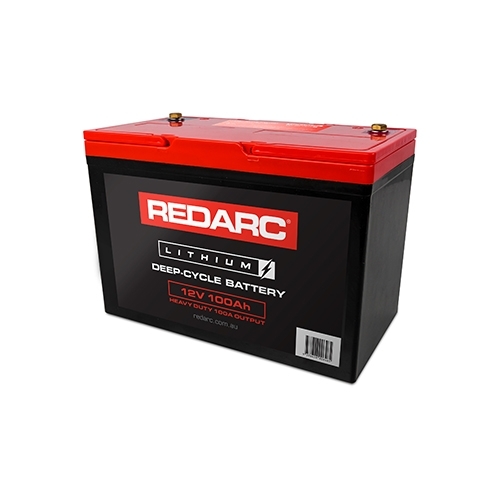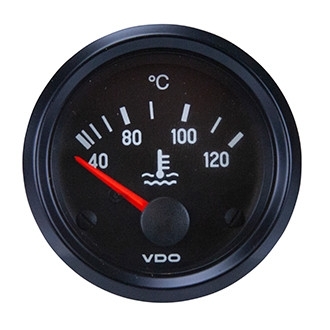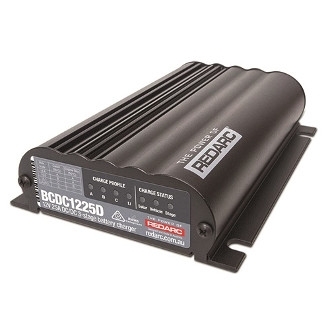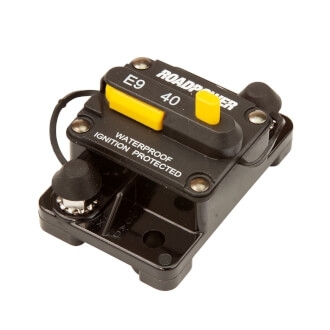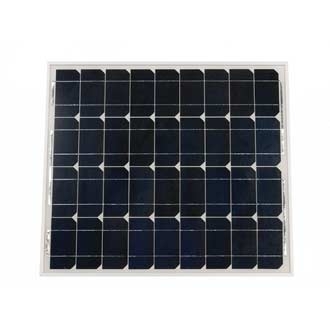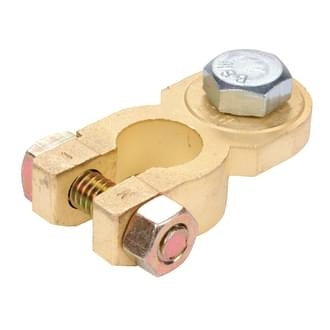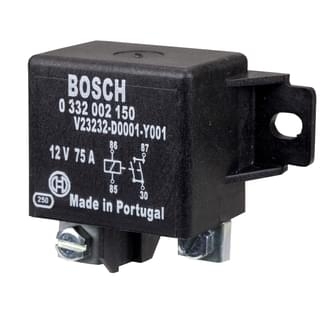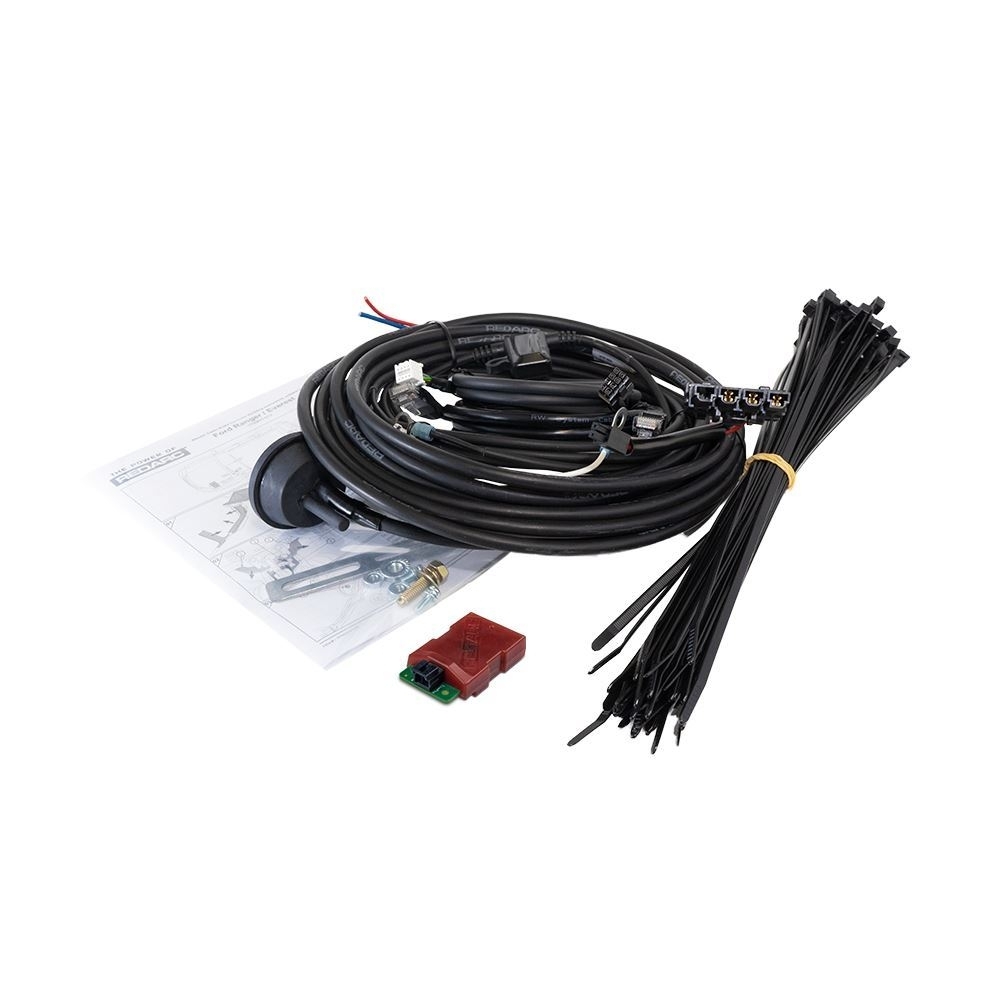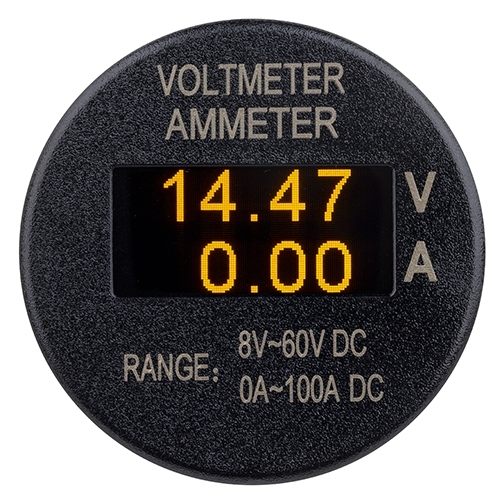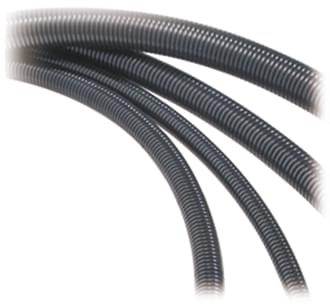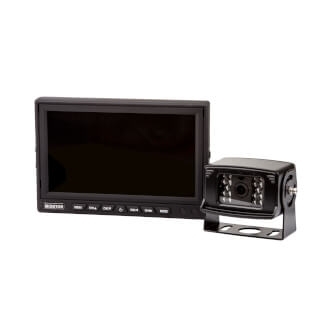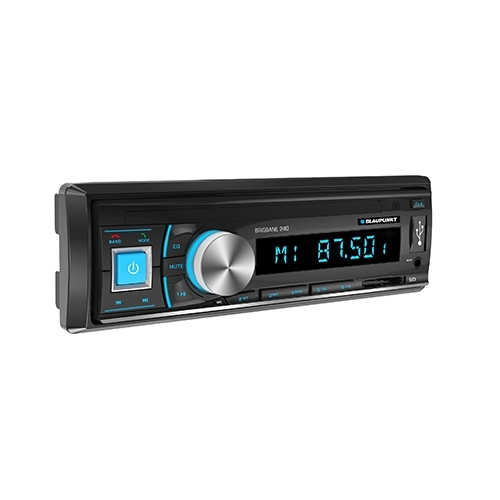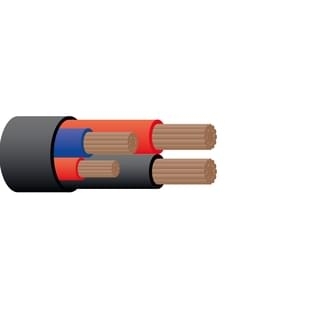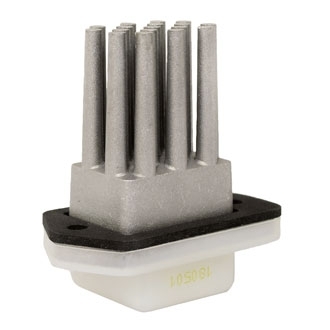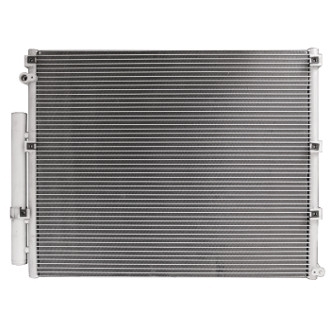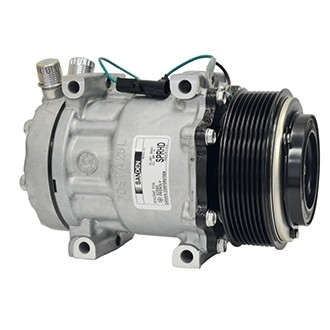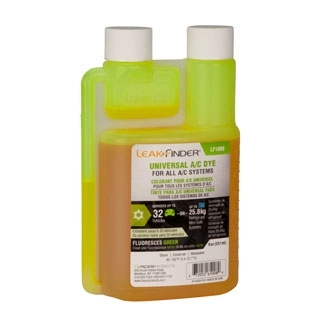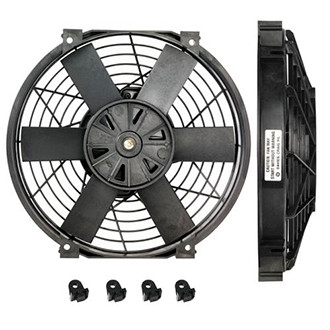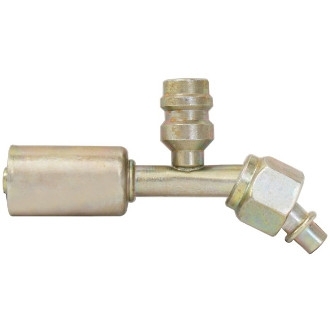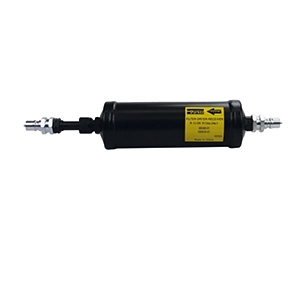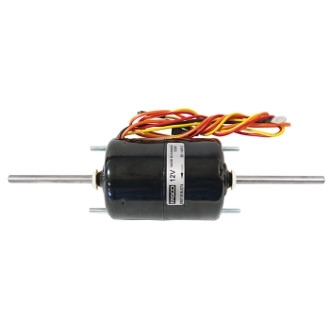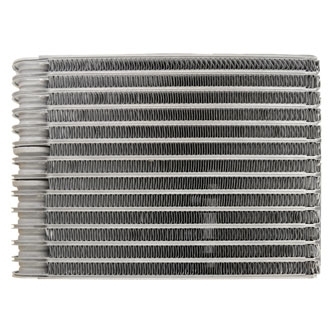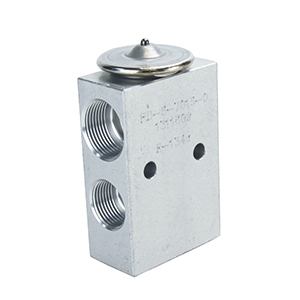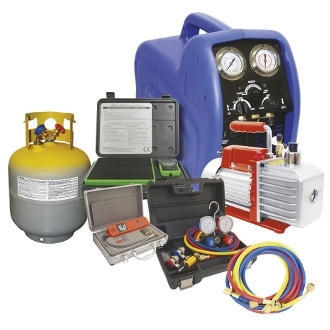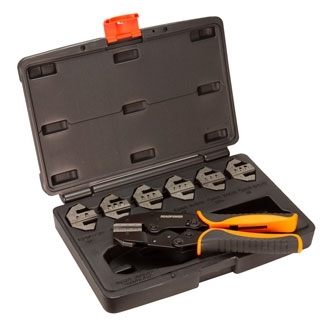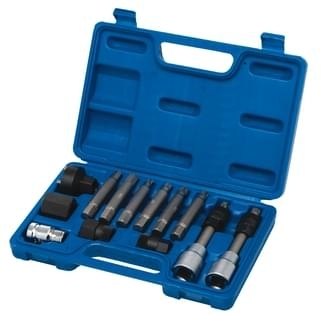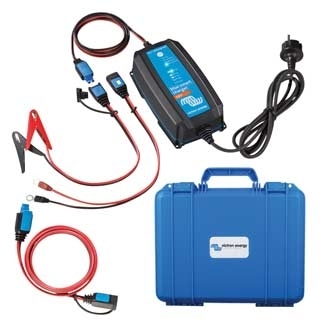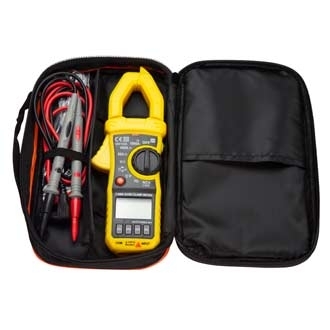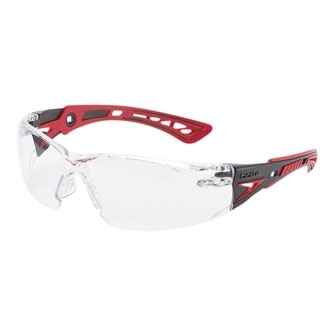Despite the advent of more efficient LED lighting, with more and more electrical ancillary equipment being present on modern diesel engines like active diesel particulate filtering, the power demands of modern vehicles are ever increasing. Combined with internal lighting and air conditioning it is becoming common to have commercial vehicles averaging in excess of 2kW per hour. In the event that the vehicle is utilised for any decent amount of time per year, this can add up to quite a bit of fuel consumption.
To quantify the impact of this, one can work out the amount of fuel required to produce 1kW-h with the following formula:
L per kW-h = 1 / alternator efficiency / Belt efficiency / engine efficiency / volumetric energy density of fuel (in kWh/l)
For example:
1/0.55 (average brushed alternator efficiency)
/0.95(belt drive efficiency can range from about 90%-98%)
/0.40(around where modern high efficiency direct injection diesel engines for commercial vehicle applications are at)
/10(roughly what diesel is)
=0.479L
If the same is done for an alternator with an average efficiency of 72% (what the Delco Remy brushless 36SI averages)
The result is 0.366L, the difference being 0.113L
This difference can be then multiplied by the kW-h expected to be consumed in a given period and the fuel price to work out potential savings.
For example:
0.113 * 4160 (1.5kW-h average, 8 hours a day, 5 days a week, 52 weeks a year) * $1.45
=$511.212 saved per annum.
Whilst highly dependent on your utilization of the electrical system, increasing alternator efficiency can quickly realize a measurable reduction in fuel consumption. In response, manufacturers of alternators have been breaking down and analysing areas of loss and developing solutions, one of these is brushless technology. Whilst a mature technology, due to increased complexity and as a result higher costs, brushless alternators are still competing with outdated brush type designs as OEM and fleet maintainers alike are drawn to the cheaper initial outlay with little thought put towards the long-term benefit.
Due to increased efficiency less cooling is required and as a result brushless alternators work in higher temperature environments, Furthermore as there are no brushes EMI is down and lifespan is exceptionally increased. The average lifespan for a brushed alternator is about 150,000km, for a long brush alternator it’s around 300,000km and for brushless alternators, we’re seeing models hit the 1,000,000km mark.
In short for intermittent use a brushed alternator will be fine, for anything else you’ll see a greater return on investment with a brushless alternator.

